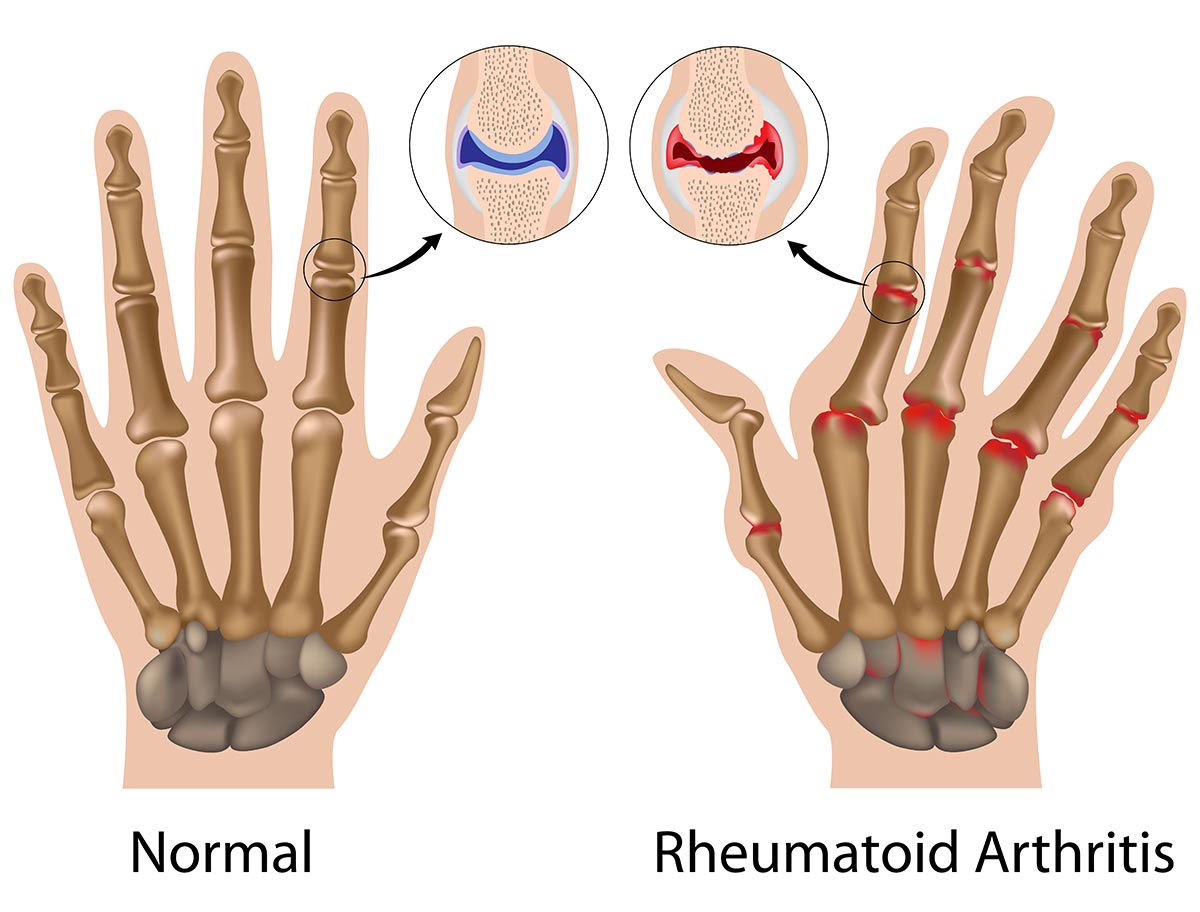Boswellia, also known as Indian frankincense, is a resin derived from the Boswellia serrata tree. It has been used for centuries in traditional medicine to treat a variety of health conditions. Boswellia is commonly taken as a dietary supplement and is often marketed for its potential anti-inflammatory and pain-relieving properties.
Some studies suggest that Boswellia may have anti-inflammatory properties and may help reduce inflammation and pain associated with conditions such as osteoarthritis, rheumatoid arthritis, and asthma. It may also have some benefits for digestive health and may help improve blood flow to the brain.
Boswellia contains compounds known as Boswellic acids, which are thought to be responsible for its potential health benefits.
Benefits of Boswellia
Boswellia has been associated with several potential health benefits, including:
- Reducing inflammation: Boswellia may have anti-inflammatory properties, which may help reduce inflammation in the body and provide relief for conditions such as osteoarthritis, rheumatoid arthritis, and inflammatory bowel disease.
- Pain relief: Because of its anti-inflammatory properties, boswellia may also help reduce pain associated with conditions such as osteoarthritis and other inflammatory conditions.
- Respiratory health: Boswellia may help improve respiratory function and may provide relief for conditions such as asthma and chronic obstructive pulmonary disease (COPD).
- Digestive health: Boswellia may help improve digestive function and may provide relief for conditions such as inflammatory bowel disease and irritable bowel syndrome.
- Brain function: Some studies suggest that boswellia may help improve cognitive function and may be beneficial for conditions such as Alzheimer’s disease and other forms of dementia.
Nutritional Benefits of Boswellia
Boswellia is not a significant source of nutrition, as it is a resin derived from the Boswellia serrata tree, rather than a food. Therefore, it does not contain significant amounts of macronutrients (carbohydrates, proteins, and fats) or micronutrients (vitamins and minerals).
Boswellia supplements typically contain concentrated extracts of Boswellic acids, which are the compounds responsible for its potential health benefits. These extracts are standardized to contain a certain percentage of Boswellic acids, typically between 30% to 90% depending on the product.
It is worth noting that while Boswellia may have potential health benefits, it is not a substitute for a healthy, balanced diet that provides a range of essential nutrients.
Risks associated with Boswellia
Boswellia is generally considered safe for most people when taken in appropriate amounts. However, some people may experience side effects, including:
- Digestive upset: Boswellia may cause digestive symptoms such as nausea, vomiting, and diarrhea in some people.
- Blood thinning: Boswellia may have blood-thinning effects, and may interact with certain medications or increase the risk of bleeding in people with bleeding disorders.
- Interactions with medications: Boswellia may interact with certain medications, including blood-thinning medications and nonsteroidal anti-inflammatory drugs (NSAIDs), so it is important to speak with a healthcare professional before taking Boswellia if you are taking any medications.



